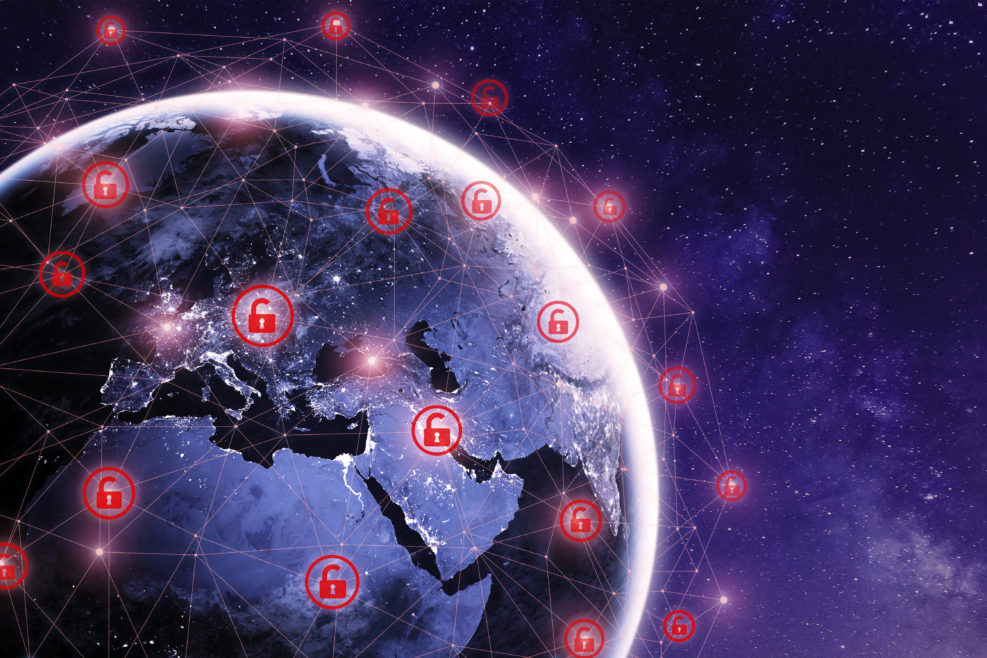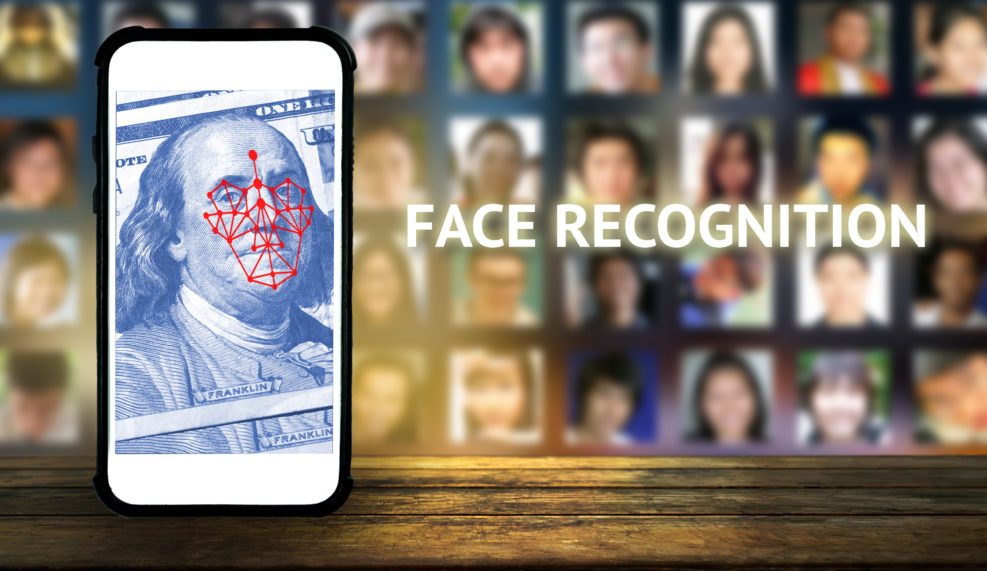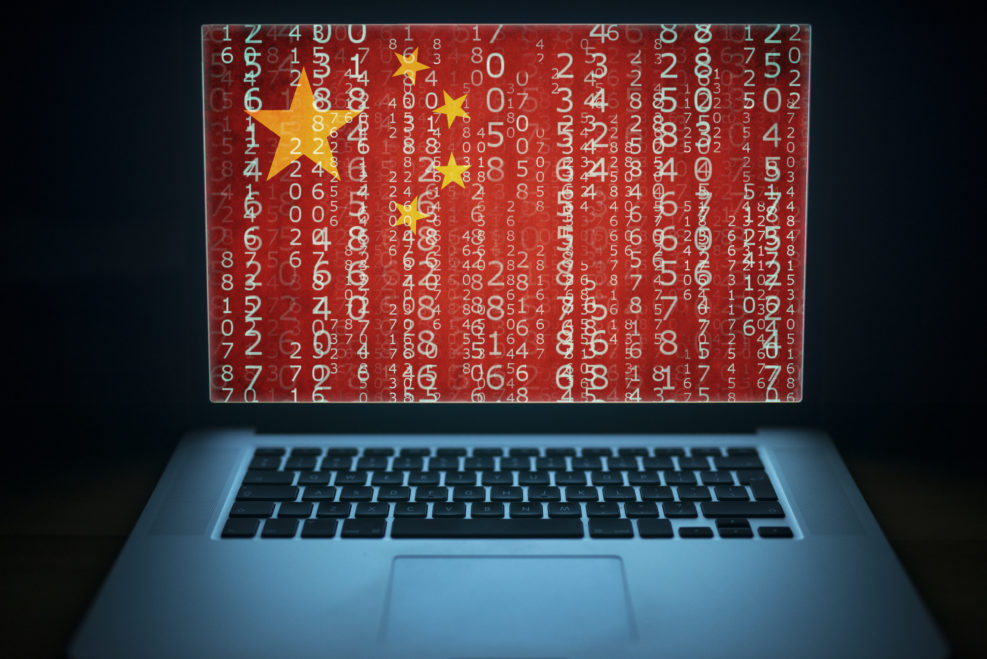
IRS Backs Off on Facial Recognition Demand
Starting this summer, the IRS would have required all online users to submit a facial recognition scan. Now, they've changed their mindThe IRS is abandoning a new security program that would have required all online users to submit facial recognition scans in order to access its online services. Last November, the IRS announced that in summer 2022, it would begin requiring all online patrons to verify their accounts via facial recognition. The program was to be operated by ID.me, a private, third-party partner of the IRS. ID.me also contracts with a select few other federal entities, as well as 27 U.S. states. Facial recognition technology is a controversial new form of security. It’s been widely embraced by the Chinese Communist Party in its effort to maintain social control over a large population, and it has begun to creep into some jurisdictions in Western Read More ›


















